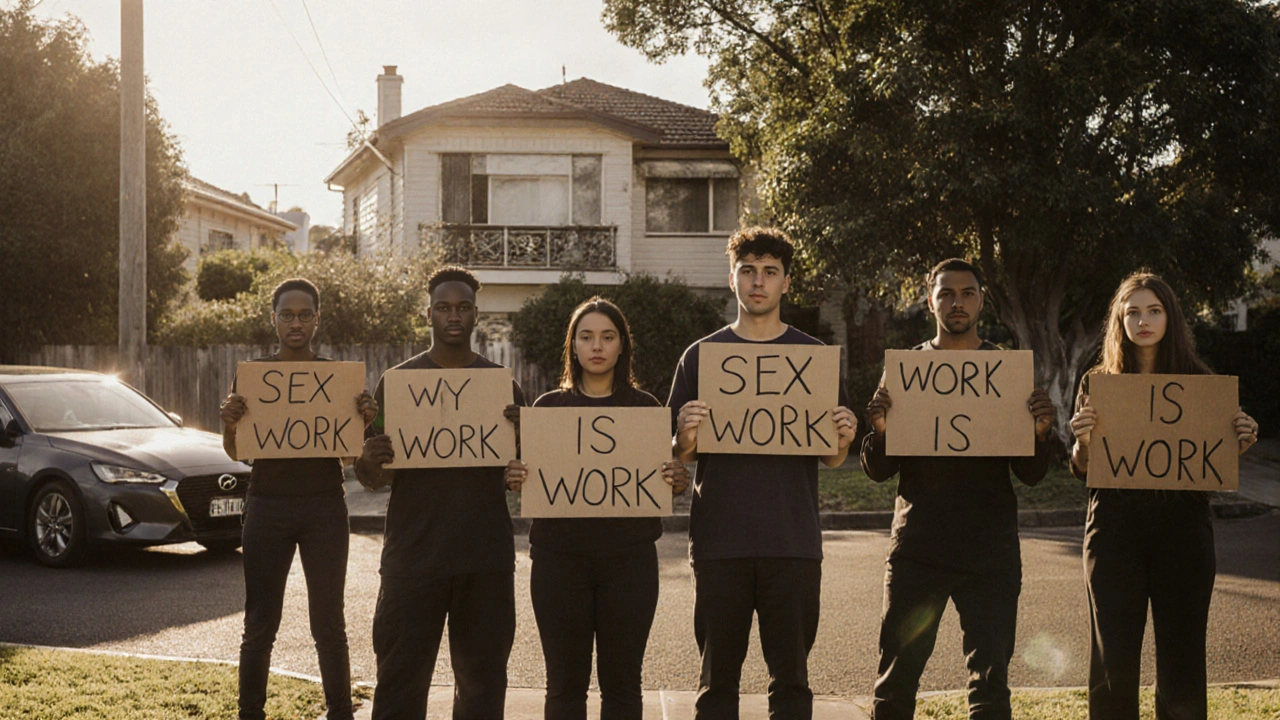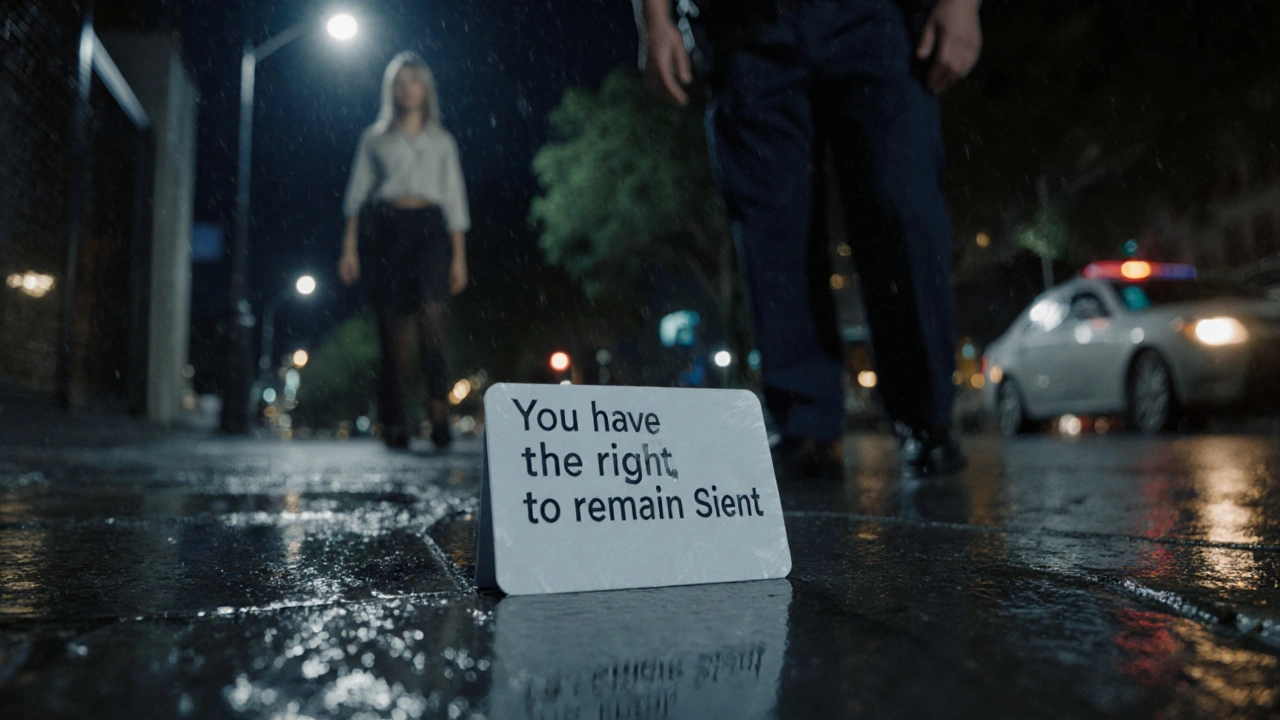Sex Worker Rights: Safety, Legal Protections, and Real-World Support
When we talk about sex worker rights, the legal and social protections afforded to people who exchange sex for money or goods. Also known as sex work advocacy, it's not just about decriminalization—it's about ensuring people can work without fear of violence, arrest, or being denied medical care. Too often, these rights are ignored because of stigma, not law. And that gap costs lives.
Real labor rights sex work, the application of workplace protections like safe conditions, fair pay, and freedom from exploitation to sex work don’t automatically come with legalization. In places where sex work is legal, workers still face police harassment, bank account freezes, and clinics that refuse service. Meanwhile, digital privacy sex work, the protection of personal data, messages, and financial records from law enforcement and clients has become a survival tool. Police can seize your phone, read years of private chats, and use them against you—even without a warrant. That’s why tools like encrypted journals and safety apps aren’t optional—they’re essential.
And it’s not just about the law. Access to sex worker health, comprehensive, non-judgmental medical care including STI testing, mental health support, and PrEP access is a basic human right, but too many workers are turned away because of bias. One study found that over 60% of sex workers in urban areas have been denied care at least once. That’s not a system failure—it’s a system designed to punish.
What you’ll find here isn’t theory. It’s what people are actually doing to protect themselves: documenting abusive clients, using multilingual safety cards, setting up secure payments, and pushing back when hospitals refuse treatment. These aren’t hypotheticals—they’re daily strategies used by real workers across the UK and beyond. This collection gives you the tools, the stories, and the facts—not the slogans.

- Dec, 5 2025
- 0 Comments
Police Encounters: Know Your Legal Rights as a Sex Worker During Stops and Searches
Sex workers have legal rights during police stops and searches-know when to speak, when to stay silent, and how to challenge unlawful searches. This guide breaks down your rights under Australian law.
read more
- Dec, 3 2025
- 0 Comments
Know Your Rights: Safety Guidance for Sex Workers During Police Encounters
Learn your legal rights during police encounters as a sex worker in Australia. This guide covers what to say, what to do, and how to stay safe without risking arrest or abuse.
read more
- Dec, 2 2025
- 0 Comments
Sex Work Laws by State: A U.S. Overview for Workers and Advocates
Sex work laws vary wildly across U.S. states-from legal brothels in Nevada to felony charges elsewhere. This guide breaks down what’s legal, how enforcement works, and what workers and advocates need to know in 2025.
read more
- Nov, 30 2025
- 0 Comments
Advertising Restrictions Affecting Sex Work: Platform Policies and Laws
Advertising restrictions on sex work force workers offline, increasing danger and limiting income. Learn how platform policies and outdated laws impact safety, banking, and legal rights worldwide.
read more
- Nov, 27 2025
- 0 Comments
Decriminalization vs Legalization of Sex Work: Understanding the Legal Models
Decriminalization and legalization of sex work are often confused, but they have very different impacts on safety, rights, and health. This guide explains how each model works and what the evidence shows about their real-world effects.
read more
- Nov, 21 2025
- 0 Comments
Mandatory HIV Disclosure Laws and Sex Work: What You Need to Know
Mandatory HIV disclosure laws put sex workers at legal risk even when they pose no transmission risk. Learn how these outdated laws work, why they harm public health, and what steps you can take to protect yourself.
read more
- Nov, 17 2025
- 0 Comments
Know Your Rights Cards for Sex Workers: Legal Information You Can Carry
Carry a simple legal card to protect yourself if stopped by police or confronted by clients. Know your rights as a sex worker-what you can and cannot do, and how to respond under pressure.
read more
- Oct, 31 2025
- 0 Comments
Loitering and Prostitution-Free Zones: How Local Laws Target Sex Workers
Loitering and prostitution-free zones are used to push sex workers out of public spaces, increasing their risk of violence and arrest. These laws don’t improve safety-they make survival harder.
read more